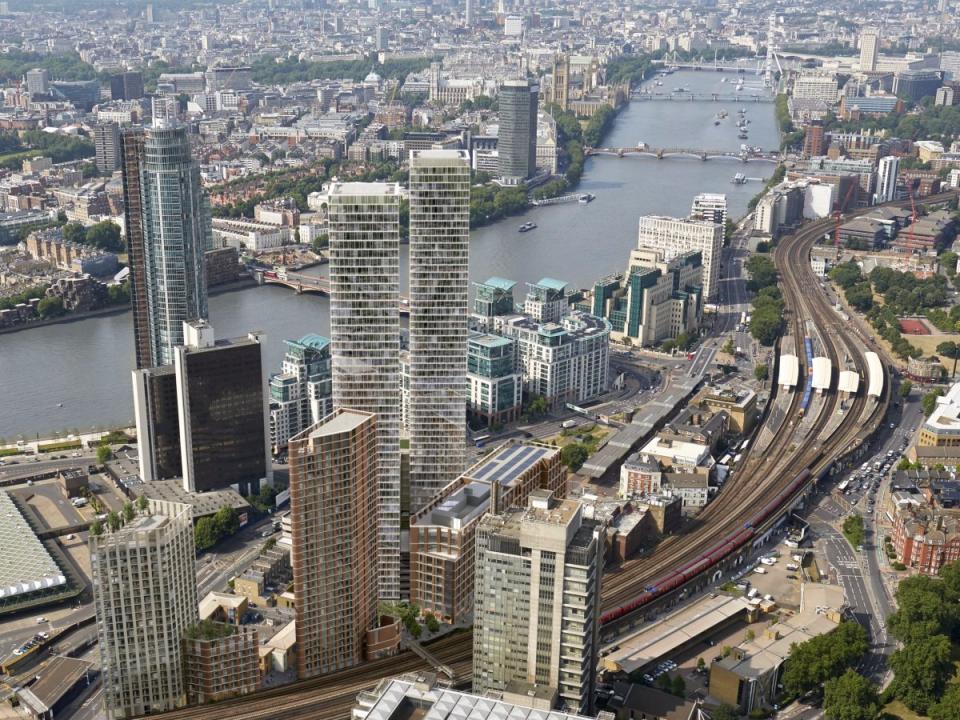Brexit won't stop Britain's house prices from rising

New London Architecture
A new report from the Nationwide building society has shown that the spectre of a Brexit has had no discernible impact on the UK property market.
Average house prices grew 0.2% in June from May to £204,968 ($272,269), 5.1% higher than they were a year ago.
Robert Gardner, Nationwide's Chief Economist, said that despite massive uncertainty in the build-up and aftermath of the vote to leave the EU on June 23, the UK property market held its nerve.
"The rate of annual UK house price growth has remained fairly stable over the past twelve months, confined to a fairly narrow range of between 3% and 6% - this trend was maintained in June with price growth at 5.1%, up slightly from the 4.7% recorded in May," he said in a statement.
So why wasn't there a Brexit fear price slump? Gardner believes that a big reason is the lack of housing supply, which keeps property values high despite outside political developments.
"The lack of homes on the market – with estate agents continuing to report a record low number of properties on their books – will also provide underlying support for prices even if demand softens," he said.
Despite the price stability, Nationwide has admitted gauging the future house price trends will be difficult and come down to variables outside of it, but the signs are hopeful (emphasis ours):
"Ultimately conditions in the housing market will be determined by conditions in the wider economy, especially the labour market. It is too early to assess the impact of the referendum vote on the economy. However, it is encouraging that the labour market had remained robust in recent months, with solid employment growth and the unemployment rate declining to an eleven-year low in April. Borrowing costs also remained close to historic lows."
Many housing experts thought a Brexit would be devastating for the UK housing market, with building costs increasing and a two-tier market developing as overseas buyers took advantage of the plummeting value of the pound.
But they quickly changed their minds when the Brexit result came through, with many saying that a Brexit would result in higher house prices — at least for a while. We'll likely have a better idea of the real impact in a few months.
There is still no sign of when — or even if — the UK will trigger Article 50, the two-year EU notice period, as both Conservatives and Labour are going through intense leadership battles. The FTSE 100 has recovered all of its post-Brexit losses over the last week, but that only gives a small indication of the overall health of the UK economy.
s
See Also:

 Yahoo Finance
Yahoo Finance 
